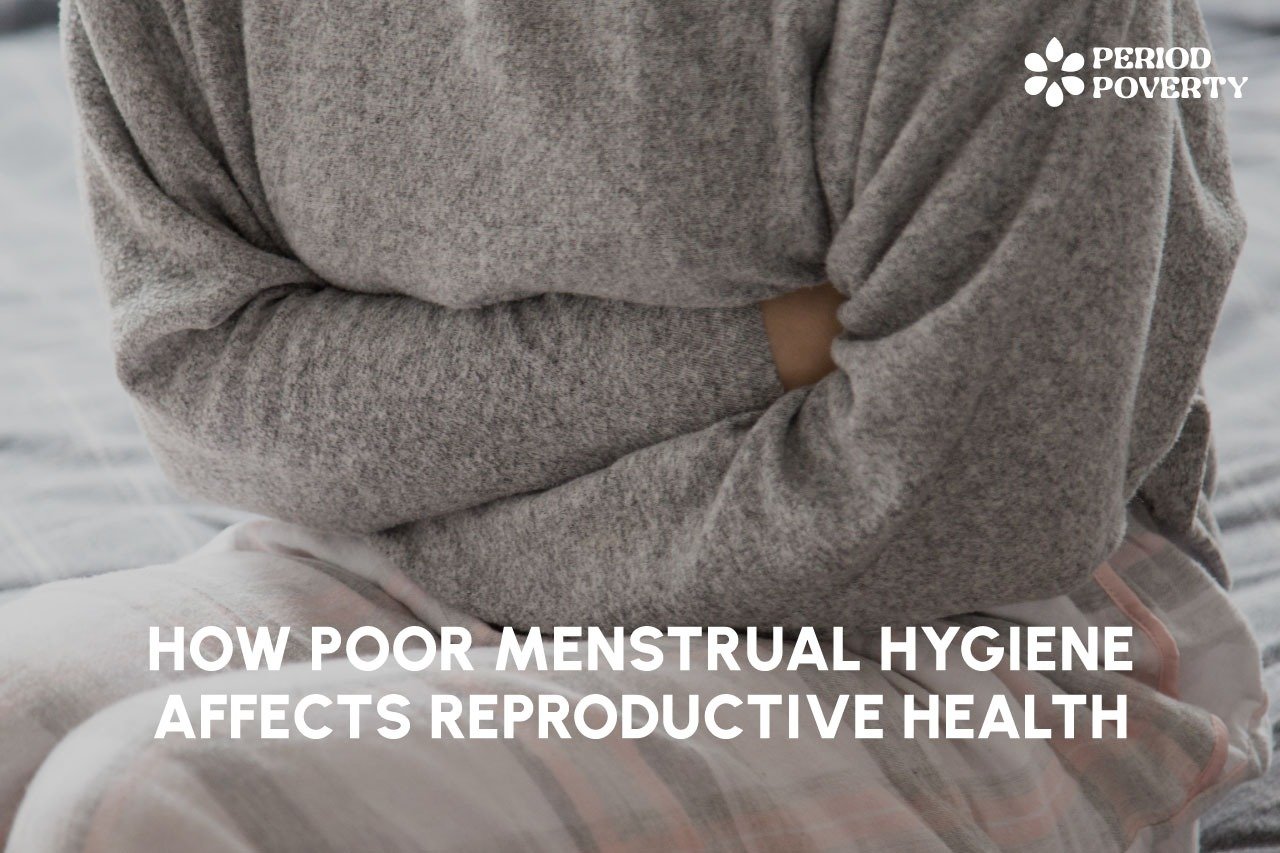Food is an essential component of our lives, providing us with the necessary nutrients, vitamins, and minerals that keep our bodies functioning. But did you know that the food you eat can affect your menstrual cycle? Studies have shown that certain foods can help regulate menstrual cycles, while others can potentially worsen menstrual symptoms. The menstrual cycle is an integral part of a woman’s reproductive health. It is a natural process that occurs every month, and its length, flow, and symptoms can vary from person to person. Women have been exploring various ways to manage their menstrual cycle symptoms, including trying different foods to see if they can impact their cycle.
In this article, we will explore the relationship between food and the menstrual cycle. We will discuss foods that can help regulate menstrual cycles, foods to avoid during menstruation, and essential nutrients that can benefit menstrual health. We will also touch upon lifestyle changes that can improve menstrual health, such as exercise, stress reduction, and sleep hygiene. By the end of this article, you will have a better understanding of how different food items affect your menstrual cycle, and how you can make dietary and lifestyle changes to manage menstrual symptoms effectively.
Role of hormones in the regulation of the menstrual cycle
Hormones play a crucial role in the menstrual cycle. The menstrual cycle is primarily regulated by two hormones: estrogen and progesterone. These hormones work in a delicate balance to control the release of an egg from the ovaries, prepare the uterus for implantation, and shed the uterine lining if fertilization does not occur. When the levels of these hormones are imbalanced, it can affect the menstrual cycle. For instance, if there is an insufficient level of estrogen, it can cause a delay in ovulation, leading to a longer menstrual cycle. Similarly, if there is an excess level of estrogen, it can cause heavy bleeding or irregular periods.
Foods That Can Help Regulate Menstruation
Certain food items can help regulate menstrual cycles and alleviate menstrual symptoms. Here are some of the food items that you can incorporate into your diet to improve menstrual health:
- Leafy Greens – Leafy greens such as spinach, kale, and broccoli are rich in iron, which can help replenish the iron lost during menstruation. Iron is essential for healthy blood flow, and a deficiency can lead to heavy bleeding and fatigue.
- Fatty Fish – Fatty fish like salmon and mackerel are rich in omega-3 fatty acids, which have anti-inflammatory properties that can help reduce menstrual pain and inflammation. Omega-3 fatty acids can also help regulate hormonal imbalances and improve mood.
- Ginger – Ginger is a natural anti-inflammatory that can help reduce menstrual pain and cramps. It also has properties that can help regulate the menstrual cycle by stimulating blood flow to the uterus.
- Turmeric – Turmeric is another natural anti-inflammatory that can help reduce menstrual pain and inflammation. It can also help regulate hormonal imbalances and improve mood.
- Berries – Berries like blueberries, raspberries, and strawberries are rich in antioxidants, which can help reduce inflammation and improve menstrual health. They are also a good source of vitamin C, which can help regulate hormonal imbalances and improve iron absorption.
By incorporating these foods into your diet, you can help regulate your menstrual cycle and alleviate menstrual symptoms. It is important to note that dietary changes alone may not be sufficient to manage severe menstrual disorders, and it is always best to consult with your healthcare provider if you are experiencing unusual menstrual symptoms.
Foods to Avoid During Menstruation
While some foods can help regulate menstrual cycles, there are also foods that you should avoid during menstruation as they can potentially worsen menstrual symptoms. Here are some food items that you should consider avoiding during your period:
- Salt – Consuming too much salt can lead to water retention and bloating, which can worsen menstrual bloating and swelling.
- Sugar – Consuming too much sugar can cause blood sugar fluctuations, which can lead to mood swings, fatigue, and cravings. High sugar intake can also worsen menstrual cramps and increase inflammation.
- Dairy – Dairy products can cause inflammation in some individuals, which can worsen menstrual cramps and pain. Additionally, some women may experience lactose intolerance during their periods, leading to bloating and digestive discomfort.
- Caffeine – Consuming too much caffeine can lead to dehydration, which can worsen menstrual cramps and fatigue. Caffeine can also cause mood swings, anxiety, and insomnia.
- Fatty and Fried Foods – Foods that are high in saturated and trans fats, such as fried foods, can cause inflammation and worsen menstrual cramps and pain.
By avoiding these food items during menstruation, you can potentially alleviate menstrual symptoms and improve your overall menstrual health. However, it is important to note that everyone’s body reacts differently to food, and what works for one person may not work for another. It is always best to listen to your body and make dietary adjustments based on your individual needs and preferences.
Nutrients Essential for Menstrual Health
Proper nutrition plays a vital role in maintaining menstrual health. A healthy, well-balanced diet can ensure the availability of all the essential nutrients that are required to support healthy menstrual cycles. Here are some essential nutrients that are particularly important for menstrual health.
- Iron: Iron is an essential mineral that plays a vital role in the formation of hemoglobin, which carries oxygen to various parts of the body, including the uterus. Women require more iron than men due to menstrual blood loss. Low iron levels can lead to anemia, which can cause irregular or heavy periods. Consuming foods rich in iron, such as spinach, lentils, beef, and chicken, can help prevent anemia and support menstrual health.
- Calcium: Calcium is important for bone health and muscle function, including the muscles in the uterus. Low levels of calcium can lead to painful cramps and irregular periods. Consuming calcium-rich foods such as dairy products, leafy greens, and fortified cereals can support menstrual health.
- Vitamin D: Vitamin D is essential for calcium absorption and is necessary for bone health. Low levels of vitamin D have been associated with irregular periods and an increased risk of premenstrual syndrome (PMS). Vitamin D can be obtained through exposure to sunlight and consuming foods such as fatty fish and fortified dairy products.
- Omega-3 fatty acids: Omega-3 fatty acids have anti-inflammatory properties and may help reduce menstrual pain and PMS symptoms. Consuming foods rich in omega-3s, such as fatty fish, flaxseeds, and walnuts, can support menstrual health.
- Magnesium: Magnesium plays a vital role in muscle and nerve function and can help reduce menstrual cramps. Consuming foods such as leafy greens, nuts, and whole grains can help ensure adequate magnesium intake.
Lifestyle Changes for a Healthier Menstrual Cycle
Making certain lifestyle changes can significantly improve menstrual health and help manage menstrual symptoms. To maintain a healthy lifestyle during menstruation, it is essential to:
- Get plenty of rest and sleep.
- Stay hydrated and consume plenty of water while avoiding caffeine and alcohol at the same time.
- Practice good hygiene, such as washing hands regularly and changing menstrual products frequently.
- Avoid smoking and exposure to second-hand smoke.
- Stay physically active and exercise regularly.
- Practice stress management techniques; yoga or meditation have proven to help.
- Eat a balanced diet that includes plenty of fruits, vegetables, whole grains, and lean protein.






